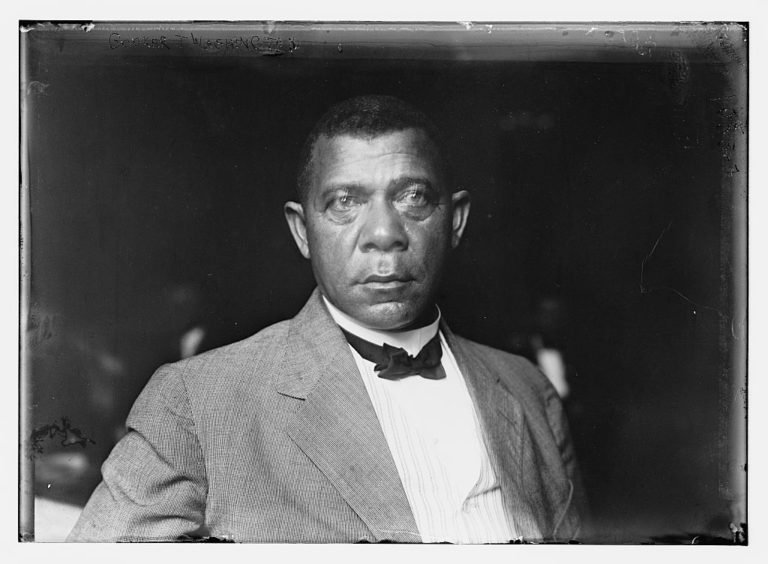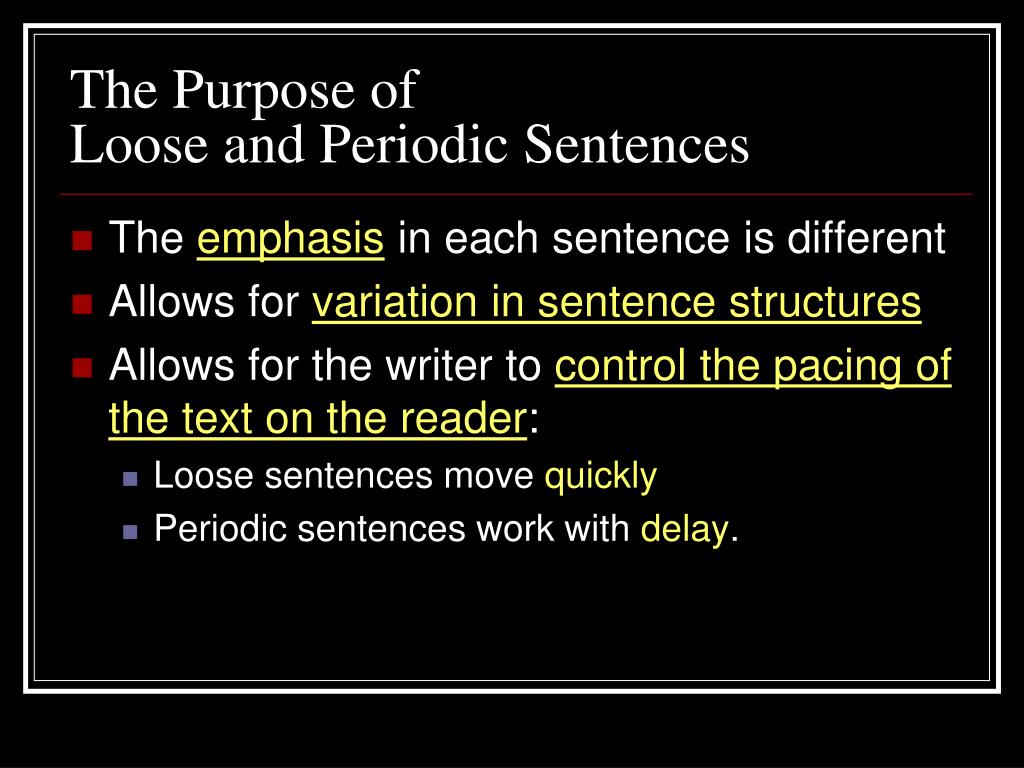

As Steven Hahn says in a recent book review, “Black intellectuals and political activists … have generally seen Washington as a conservative racial accommodationist, yielding to the repressive power of Jim Crow and urging American blacks … to set their sights on a future of manual labor and petty property ownership.” 1 W.

His critics object that his focus was circumscribed to economic issues within the black community rather than embracing comprehensive social and political freedom. Washington is commonly interpreted as a conciliatory figure with a tendency towards racial appeasement. I argue that Washington’s object lessons contain examples of this dynamic of civilization and that Washington is part of a tradition of black political theory, which qualifies him as deserving of consideration as a political theorist on his own terms.īooker T. Examining Washington’s writing from this period for a political theory underlying his political program, I claim that these texts contain an internally coherent and often-attractive account of civilization comprised of black citizens who share equal social standing with white citizens, since all are industrious, confident, clean, and dignified. These critiques have purchase, but fail to duly analyze the substance of Washington’s thinking. As this period corresponds with the nadir of black life in America, Washington has been derided as politically inept and his program of economic uplift has been condemned as miserably incapable of improving the condition of African Americans.

Washington called for a radical reimagining of American social and political life as a civilization characterized by reciprocity and equal dignity between the races. This article contends that in the period of his greatest political influence (1895–1905), Booker T.


 0 kommentar(er)
0 kommentar(er)
